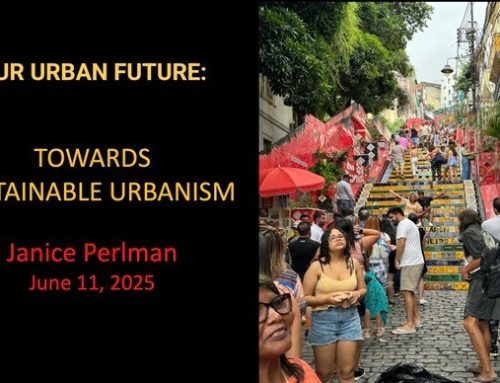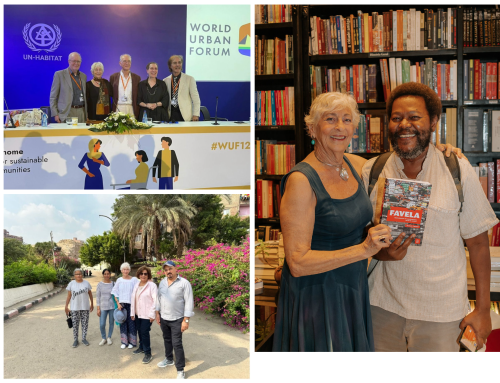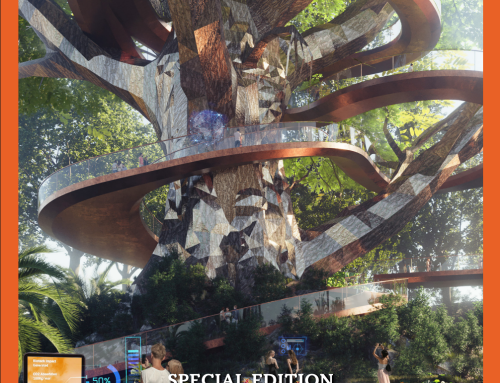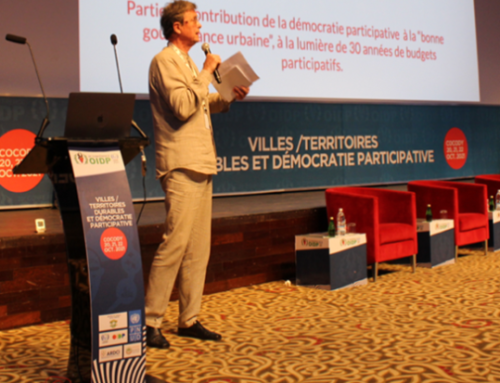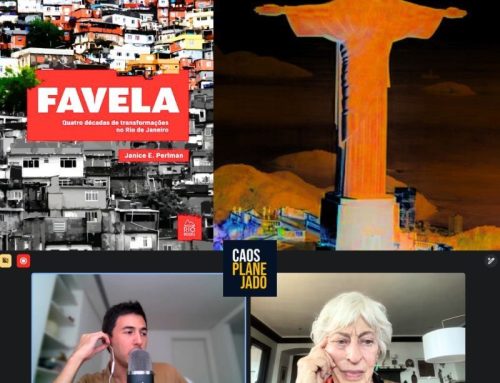
In 1965, I spent two months in Pontezinha and Ponte dos Carvalhos, two small towns on the periphery of the Recife. I was part of the Cornell-Brazil Project, a group of American and Brazilian students interested in development in Brazil’s Northeast. Nearly six decades later I returned as a Fulbright Distinguished Professor, hosted by the Joaquim Nabuco Foundation (FUNDAJ) to learn what had transpired and search for people who were there at that time.
This article is based on fieldwork I conducted in these communities from mid-September to mid-December 2022. I am particularly interested in how these peri-urban settlements were affected by macro events including their incorporation into the Recife Metropolitan Area in 1973; the end of Brazil’s military dictatorship in 1985; and the economic boom of the nearby Suape Port and Industrial Complex, starting in 2007. Did these and other contextual changes at the local and national level result in greater inclusion and opportunity for socio-economic mobility?
This exploratory study indicates that although education and healthcare; consumer goods and home construction materials improved, local incomes stagnated. good jobs remained out of reach, and social relations still bear the legacy of slavery. Environmental degradation, densification, erosion of community solidarity and increased fear of crime and violence all came up as reducing the quality of life. The lack of significant benefits reveal how difficult social change is within a context of structural inequality. 1
KEYWORDS: socio-economic mobility; structural inequality; peri-urban settlements; Recife/Northeast Brazil; Pontezinha; Ponte dos Carvalhos; Cabo, Suape, longitudinal research; public policy.
NB: All photos by author unless otherwise specified.
1 This is Part I of Final Fulbright Report. It is the keynote article in today’s publication of *50 anos da Revista Ciência & Trópico (v.47, n. 1, 2023) https://periodicos.fundaj.gov.br/CIC/issue/current
Part II of the Report is a note on impact of Covid interruption on the research.
Part III is the interview with Perlman by FUNDAJ Dec. 2, 2022.

